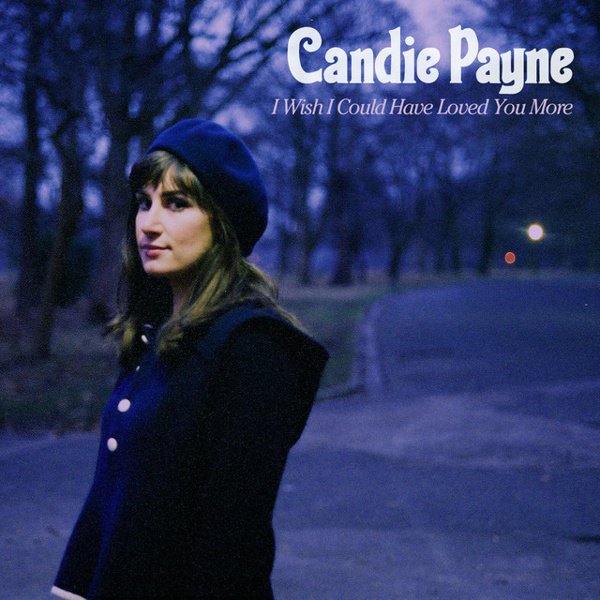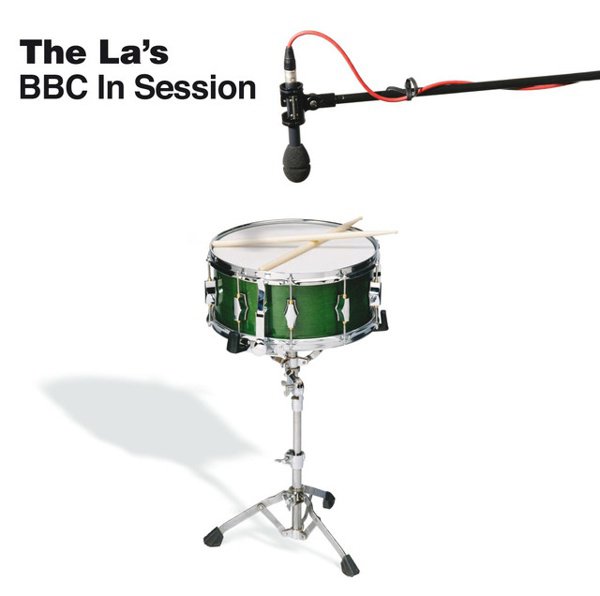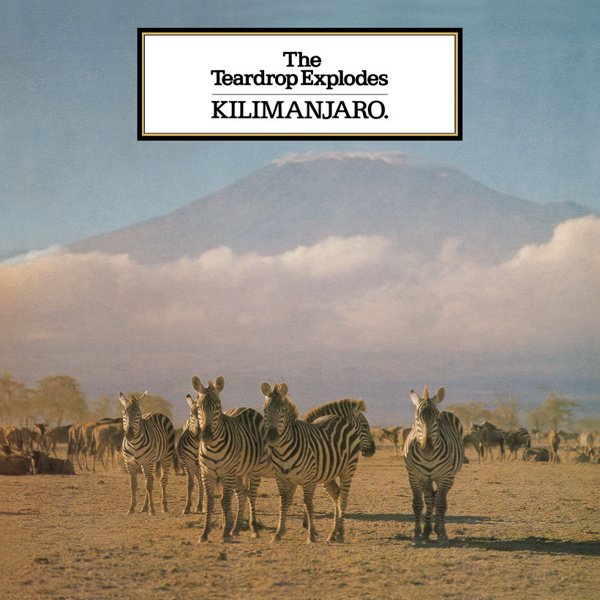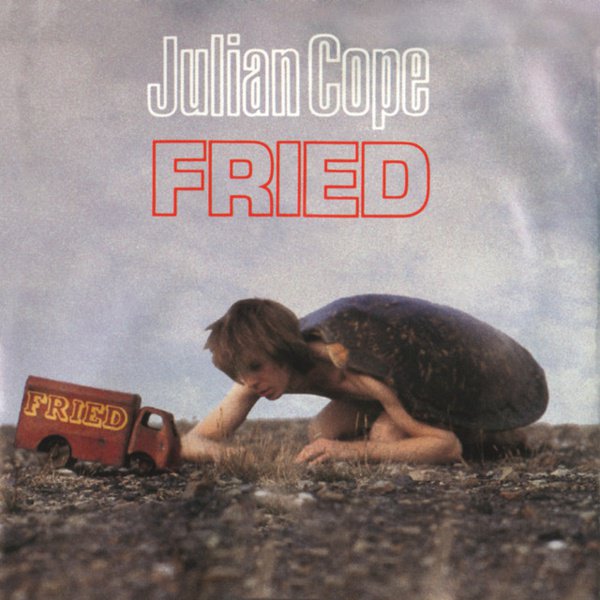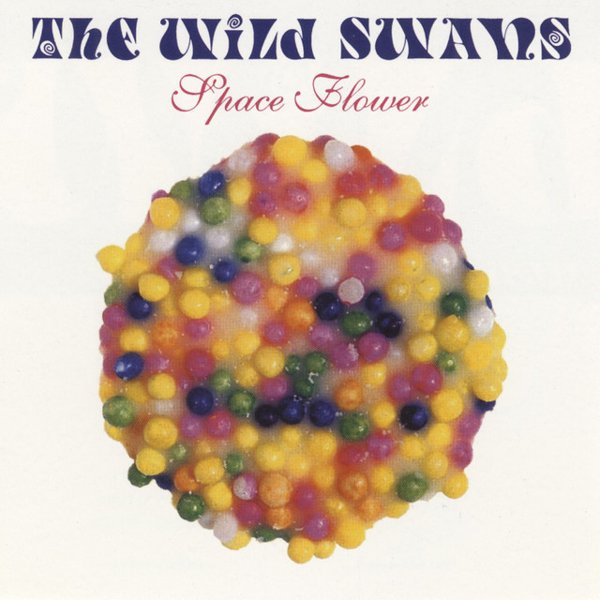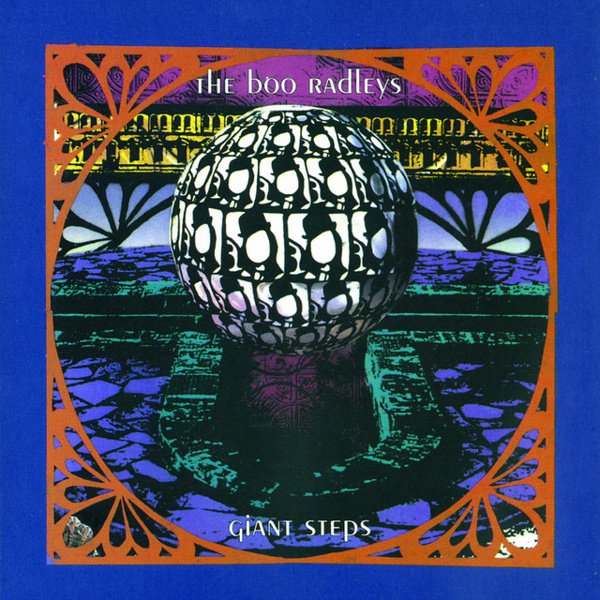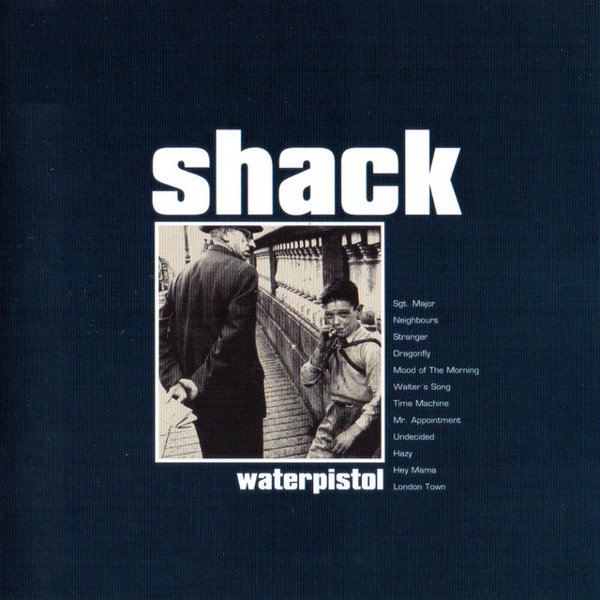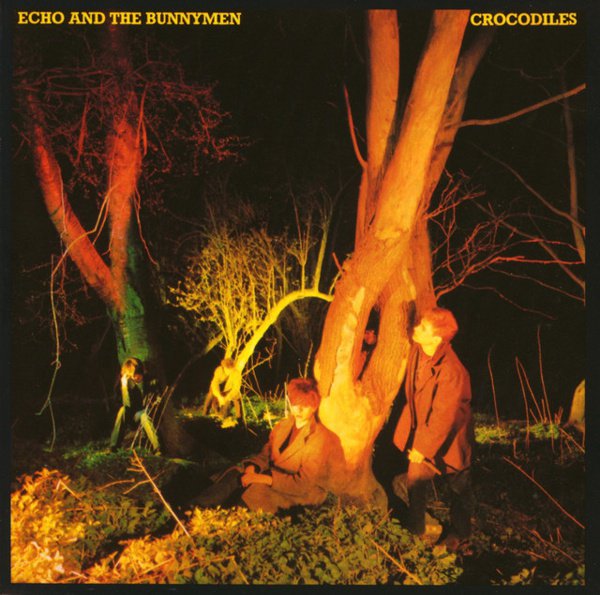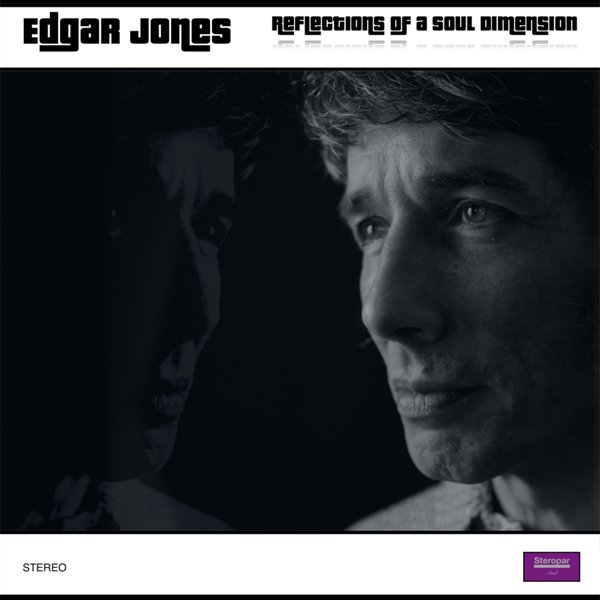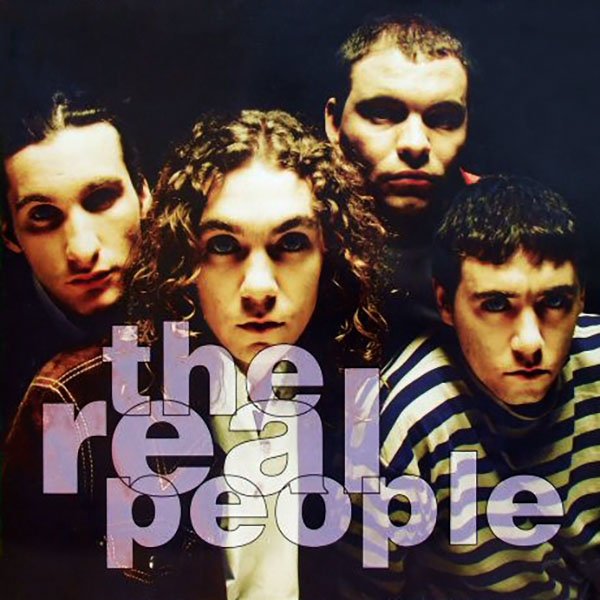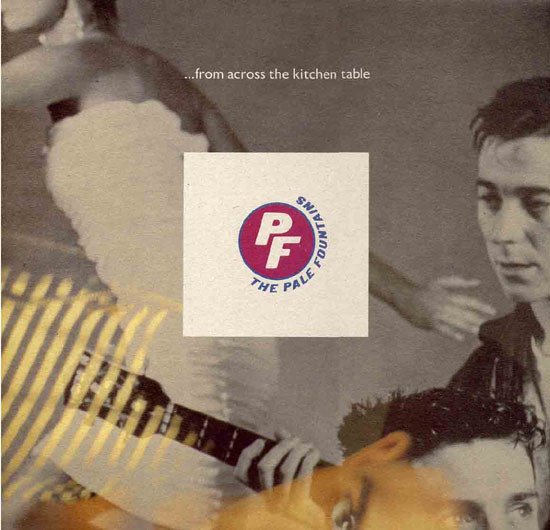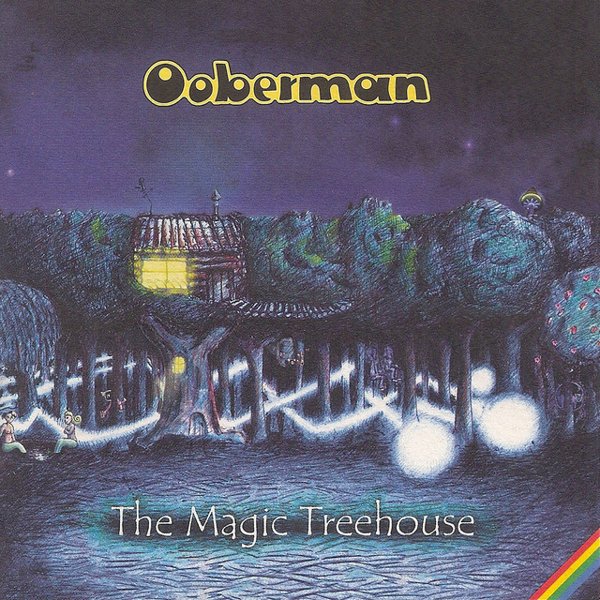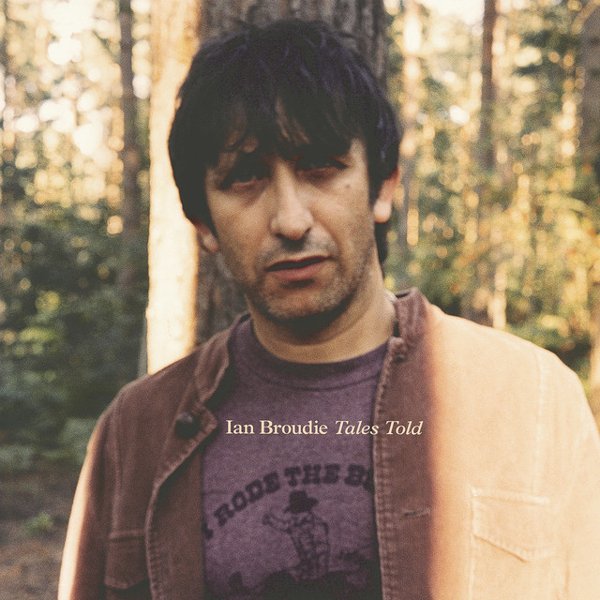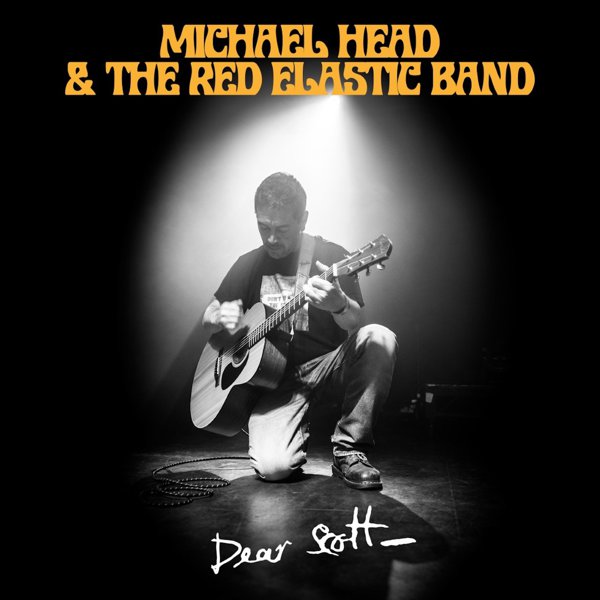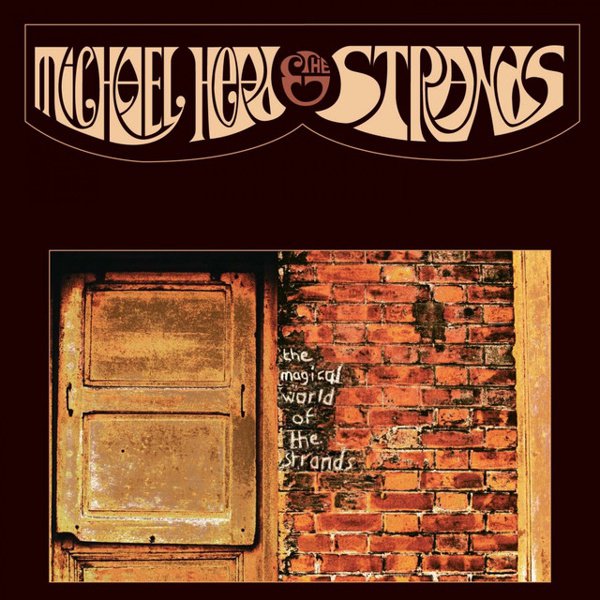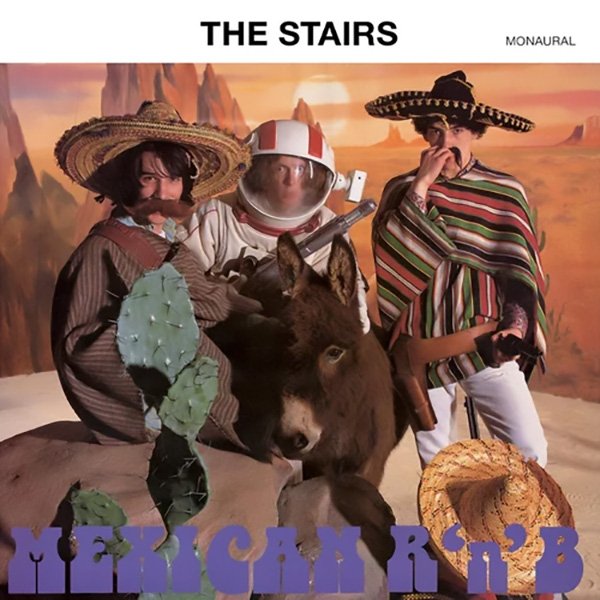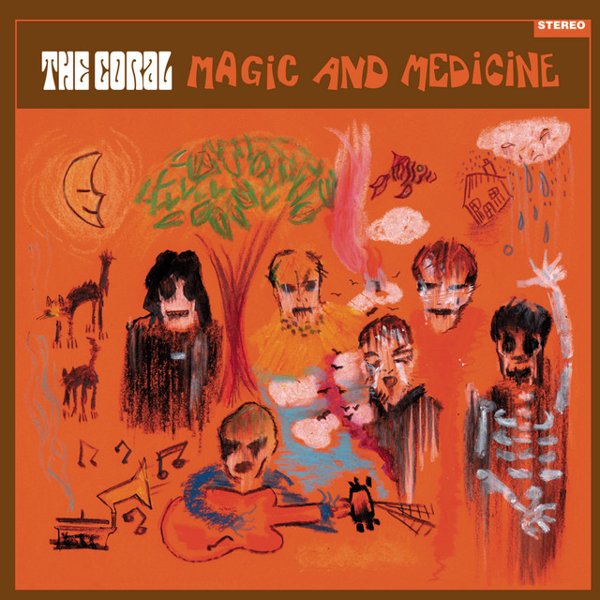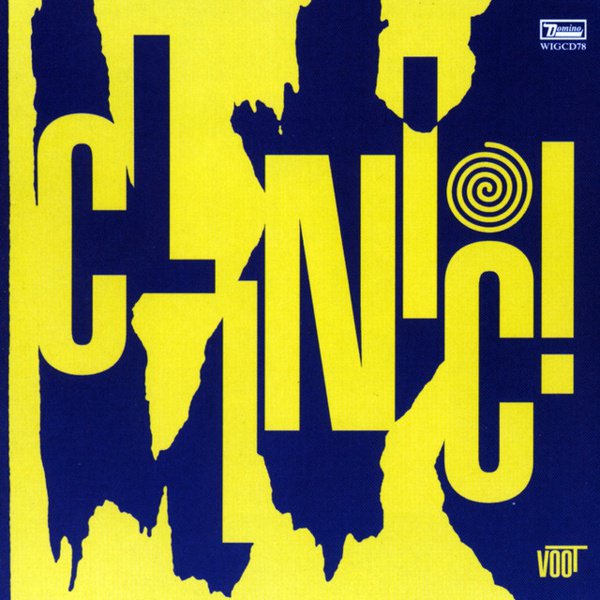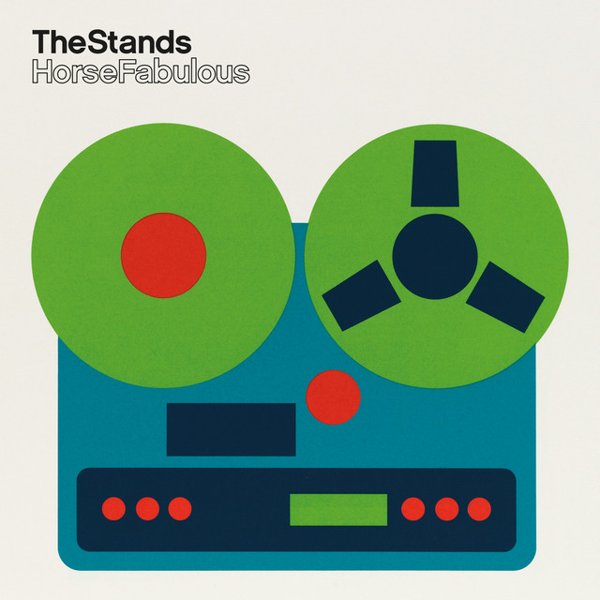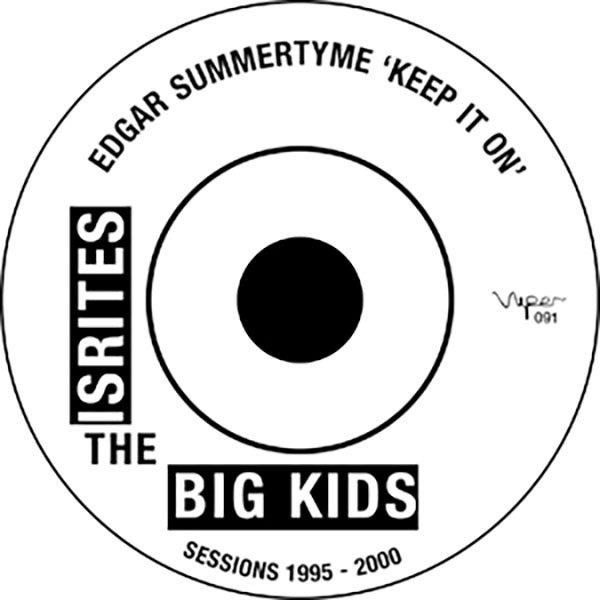Factory Records boss Tony Wilson once said that the difference between bands from Liverpool and bands from Manchester was the size of their record collections. That while you could find anything from Stockhausen and Jacques Brel to Frankie Knuckles and Kraftwerk on the stereos of musicians from Manchester, their counterparts down the M62 motorway only listened to Love, Captain Beefheart and The Beatles’ White Album.
One only need to listen to the music of Pete Wylie’s WAH!, Half Man Half Biscuit or Frankie Goes To Hollywood to realise that patently isn’t true, and is more attributable to the long running civic rivalry between the two cities and Wilson’s clear vested interest in promoting the Mancunian groups his own label put out.
Yet it is also true that a particular strand of 60s psychedelia had taken hold of multiple generations of Merseyside musicians in the years following the punk ground zero, centred around legendary club Eric’s.
Interestingly, given Liverpool was home to the most important band of the decade, in the main, The Beatles weren’t the group subsequent Liverpudlians looked to. (Even if Wilson’s assertion is true, then they went for arguably their most un-Beatles sounding record).
Echo and The Bunnymen’s Ian McCulloch looked to The Doors and Jim Morrison for his own group’s poetic synergy of post-punk and psychedelia. It was the 1980s answer to Syd Barrett, not John Lennon, that The Teardrop Explodes’ Julian Cope cast himself as he pushed himself further out there, while from his first group The Pale Fountains through Shack and recent solo rejuvenation, Michael Head has been paying tribute to Love’s Arthur Lee in some form or another ever since he first picked up a guitar.
Many attribute the impact of Love and Beefheart in particular on the city’s collective psyche (and indeed, psych) to independent record shop Probe, a den of obscure vinyl where owner Geoff Davis would blast his two favourite artists at any curious punter walking through the door throughout the 70s and 80s.
The term “Cosmic Scousers” itself was coined by British music weekly the NME at the start of the 2000s to group together then Wirral wunderkids The Coral and various other acts signed to former Wild Swans drummer Alan Wills’ Deltasonic label. With all due respect to the likes of The Bandits, The Zutons and Tramp Attack, the term best applies to the groups whose legacy those bands drew from and — with the exception of The Coral who continue to make fabulous 60s-inspired records — these are the artists who’s albums are worth really listening to (alongside the aforementioned groups, The La’s missing-in-action songwriting genius Lee Mavers continues to cast a long shadow over the city’s musical landscape).
In addition to the below albums, do check out excellent, French-broadcast 1992 documentary You’ll Never Walk Alone (available on YouTube) for a wonderful snapshot of some of these groups in their natural surroundings, if only for a heroically drunk McCulloch’s scene-stealing turn as tour guide-slash-provocateur.

